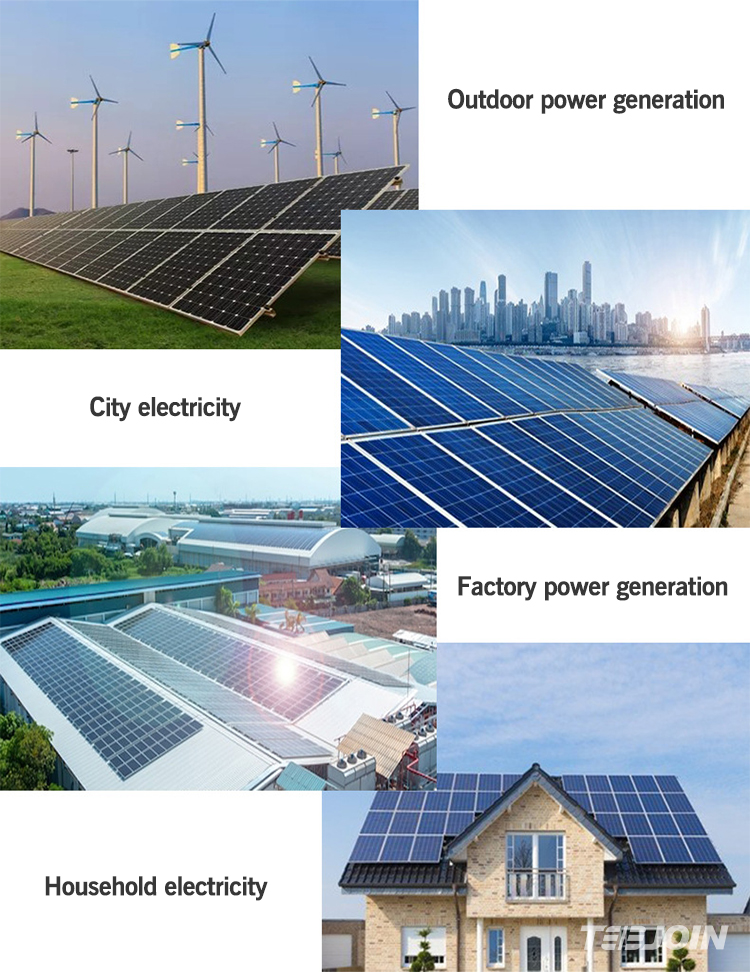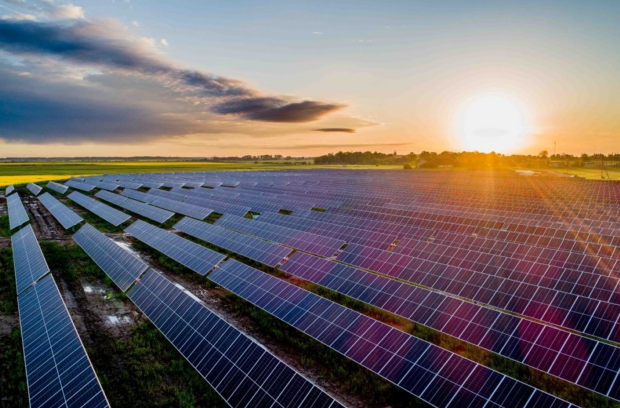Harnessing the Power of the Sun: The Rise and Benefits of Solar Panels
As the world continues to grapple with the urgent need for sustainable and renewable energy sources, solar panels have emerged as a shining star in the realm of clean energy solutions. These ingenious devices have rapidly gained popularity and transformed the way we generate electricity. Harnessing the power of the sun, solar panels have the potential to revolutionize our energy landscape, reduce carbon emissions, and pave the way for a brighter and greener future.

What are Solar Panels?
Solar panels, also known as photovoltaic (PV) panels, are sophisticated systems that convert sunlight directly into electricity through the photovoltaic effect. The basic building block of a solar panel is the solar cell, typically made of semiconductor materials such as silicon. When sunlight strikes the solar cell, it excites the electrons, allowing them to flow and create an electric current. Multiple solar cells are connected to form a solar panel, and several panels can be linked together to create larger arrays, capable of producing significant amounts of energy.

How do Solar Panels Work?
Solar panels operate on a simple principle: the conversion of sunlight into usable electricity. When sunlight hits the solar cells, it dislodges electrons from their atoms, creating a flow of electricity. This direct current (DC) electricity is then converted into alternating current (AC) through an inverter, making it compatible with standard electrical systems. The electricity generated by solar panels can power homes, businesses, and even entire communities, depending on the size of the installation.

Benefits of Solar Panels
3.1 Clean and Renewable Energy: Solar panels harness the sun's abundant energy, which is an infinitely renewable resource. Unlike fossil fuels, which contribute to climate change and pollution, solar energy is clean, emission-free, and sustainable. By adopting solar panels, we reduce our dependence on fossil fuels, mitigating the environmental impact associated with traditional energy sources.

3.2 Cost Savings: Once installed, solar panels generate electricity at no additional cost. By relying on sunlight, homeowners and businesses can significantly reduce or even eliminate their electricity bills. Additionally, some governments and utility companies offer incentives and net metering programs, allowing solar panel owners to sell excess energy back to the grid, further offsetting their costs.

3.3 Environmental Benefits: Solar panels play a crucial role in combatting climate change. The production of solar energy produces no greenhouse gas emissions, reducing the carbon footprint and helping to mitigate global warming. Moreover, solar energy decreases our reliance on fossil fuels, conserving natural resources and protecting delicate ecosystems from the adverse effects of mining and extraction.

3.4 Energy Independence and Grid Resilience: Solar panels provide energy independence by enabling individuals and communities to generate their own electricity. This autonomy becomes particularly valuable during power outages and emergencies, as solar-powered systems can continue to function, offering a reliable source of electricity. By diversifying our energy sources, we can enhance grid resilience and reduce vulnerability to disruptions.

Current Advancements and Future Prospects:
The solar industry has witnessed remarkable advancements in recent years. Technological breakthroughs have increased the efficiency of solar panels, making them more affordable and accessible. Innovations such as thin-film solar cells, bifacial panels, and solar tracking systems have improved energy capture and system performance. Furthermore, the integration of solar panels into building materials, such as solar shingles and solar windows, holds promise for seamless integration into our daily lives.

Looking ahead, solar panels are poised to continue their upward trajectory. Ongoing research aims to enhance efficiency, durability, and recyclability, further reducing the environmental impact of solar panel production. Additionally, advancements in energy storage technologies, such as batteries, will address the challenge of intermittency, enabling round-the-clock solar energy availability.
Conclusion:
Solar panels represent a sustainable and transformative solution to the global energy crisis. By harnessing the sun's energy, we can power our homes, businesses, and communities while reducing our carbon footprint and dependence on finite fossil fuels. The continued growth and adoption of solar panels are crucial steps towards achieving a clean and sustainable energy future. As we embrace solar power, we illuminate the path to a greener and brighter world for generations to come.




